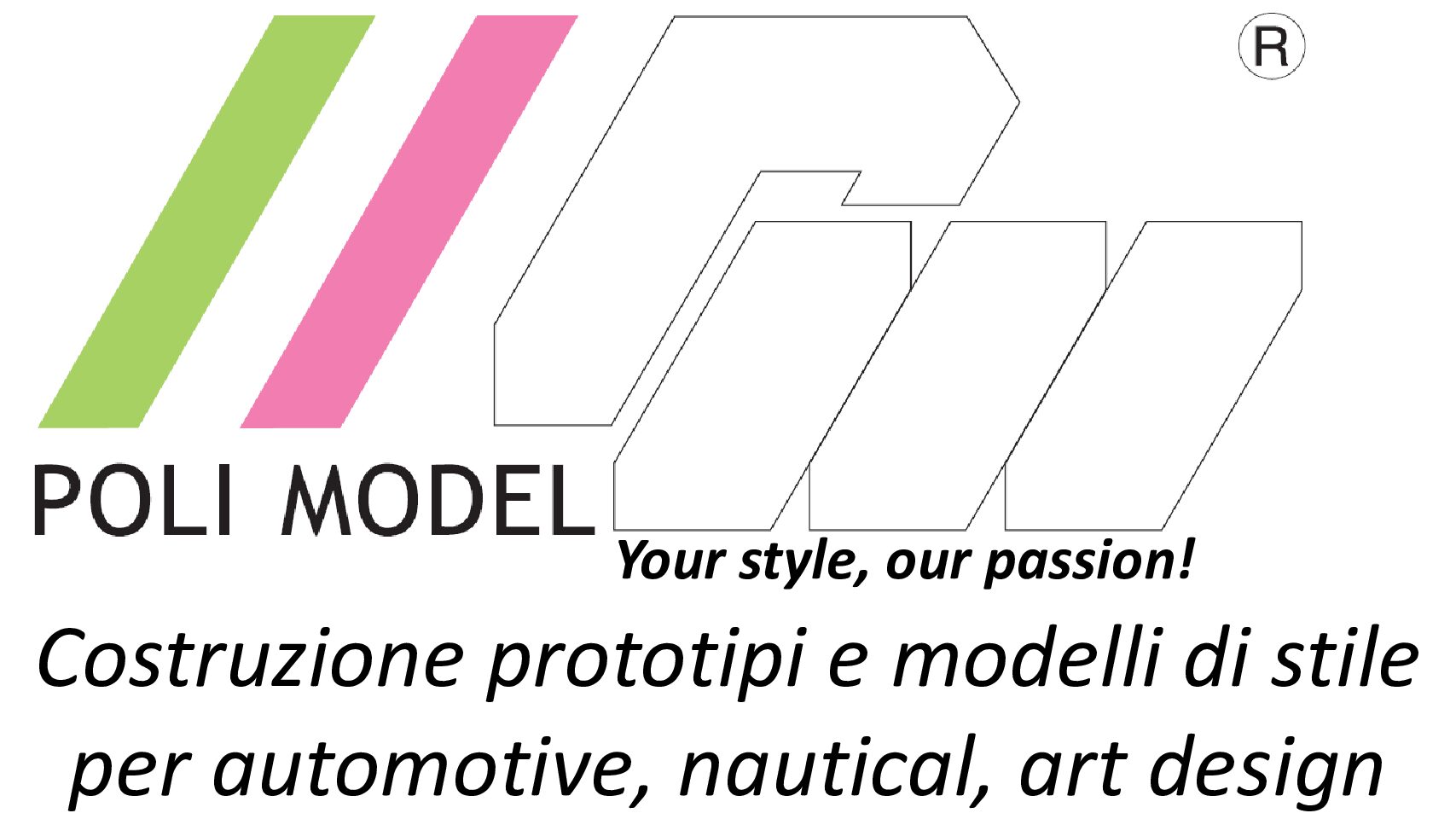In the ever-evolving world of education, where info flows perfectly and access to expertise is only a click away, student-driven encyclopedias are becoming a vibrant device in the discovering process.

These systems not just give trainees with a database of info yet also urge them to add, modify, and curate material, promoting a joint and interactive learning setting.
As instructional paradigms change in the direction of more participatory and inclusive designs, the idea of student-driven encyclopedias symbolizes this transformation. These systems empower trainees to end up being energetic individuals in expertise development, bridging the void between typical textbook learning and modern-day electronic resources.
The Principle of Student-Driven Encyclopedias
Student-driven encyclopedias are digital systems where pupils jointly collect, verify, and share info on a large range of topics. Unlike standard encyclopedias, which are frequently composed by specialists, these systems utilize the collective initiatives of students to develop an extensive body of understanding.

At their core, student-driven encyclopedias are made to cultivate important thinking, study abilities, and digital proficiency amongst pupils. By engaging in the procedure of material production, students learn to browse and assess information seriously, skills that are vital in today’s information-rich culture.
Moreover, these platforms work as an area for students to discover their interests and share their expertise. This autonomous approach to expertise production makes sure that a diverse series of point of views and voices are stood for, enriching the discovering experience for all individuals.
- Trainees gain hands-on experience in research and content production.
- Motivates partnership and peer communication.
- Promotes a deeper understanding of subject.
- Fosters inclusivity and variety in understanding depiction.
Fundamentally, student-driven encyclopedias transform students from passive receivers of details right into energetic contributors, instilling a feeling of possession and duty in their instructional trip.
Advantages of Student-Driven Encyclopedias
Among the principal benefits of student-driven encyclopedias is the growth of vital 21st-century skills. As trainees engage in the process of material production, they refine their vital reasoning, electronic literacy, and communication skills, all of which are important in today’s interconnected globe.
Additionally, these platforms encourage a joint knowing atmosphere, where students can work together to confirm details, dispute various perspectives, and co-edit posts. This peer-to-peer interaction not only enhances finding out outcomes however additionally cultivates a feeling of community and mutual respect among trainees.
Furthermore, student-driven encyclopedias use a system for showcasing pupil work. As students contribute to the encyclopedia, they construct a portfolio of their research and writing, which can be important for more academic and specialist searches.
Difficulties and Limitations

Regardless of the countless benefits, student-driven encyclopedias likewise encounter certain difficulties. Making certain the precision and integrity of info is vital, as these platforms depend on contributions from trainees that might not yet possess expert-level knowledge.
- Keeping content quality and accuracy.
- Providing adequate guidance and support.
- Guaranteeing equitable access and inclusivity.
To mitigate these difficulties, many student-driven encyclopedias execute a system of checks and balances, where content is assessed by teachers or professionals before magazine. This guarantees that the info offered is both accurate and trustworthy, maintaining the integrity of the platform.
The Future of Student-Driven Encyclopedias
As modern technology continues to development and the landscape of education evolves, the capacity for student-driven encyclopedias is huge. These systems have the capability to not just complement typical academic sources however likewise redefine the way knowledge is acquired and shared.
In the future, we might see student-driven encyclopedias integrating advanced technologies such as expert system and machine learning to enhance material curation and customization. Furthermore, they might expand beyond textual info to include multimedia content, offering a much more immersive learning experience.
Empowering the Future Generation
Student-driven encyclopedias Qammunity hold the pledge of encouraging the future generation of students. By putting trainees at the helm of understanding development, these systems motivate lifelong learning, interest, and intellectual independence.
In conclusion, as educational systems remain to introduce, student-driven encyclopedias stand as a testament to the power of cooperation and the value of pupil agency in the knowing procedure. By accepting these platforms, we open the doors to an extra inclusive, interesting, and dynamic educational experience for all.





